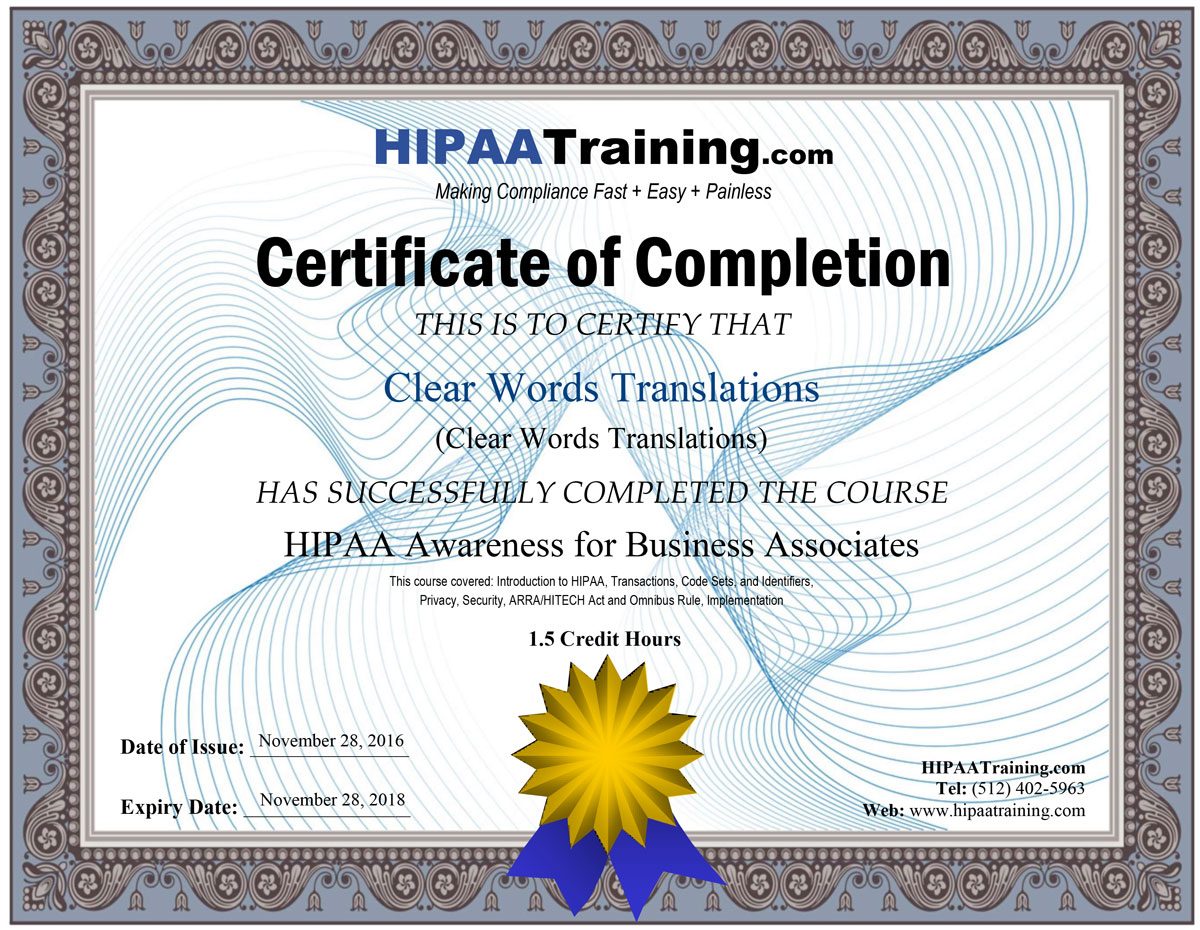Why We Need More Women in Translation
CLEAR WORDS
TRANSLATIONS
All News
ديسمبر 5, 2017 |
Why We Need More Women in Translation
Being a translator is a challenging and satisfying job that allows the freedom of working from home. Given the flexibility of the profession, you would think there would be more women in translation making waves in their careers. Yet, as with so many areas, it seems that men are still getting the most out of this domain. Why is this?
Only three women have won the PEN Translation Prize in the last twenty years (15 percent). And, many project managers believe that men are more organized during long term translation projects and can deliver higher quality in technical translations. Whether this is true or a mere perception is not the issue. If we want women in translation to compete with and outsmart the men, it’s time to reconsider.
When you look at the numbers, the translation services industry is dominated by women. So, is there any reason that despite the comparatively small number of men in the niche, it seems that women can’t reach the top in terms of quality? And does the gender issue have any effect on the quality of your translation project?
Women Are Better with Languages
Women like words and sounds. For this reason, they’re more capable of learning new languages than men, according to some studies. What’s more, women are better listeners and tend to pay more attention to the real meaning of words. These are all essential qualities for women in translation when providing a quality service.
Women’s natural abilities with languages make them the right choice for a wide range of translation projects. This includes business translations, judicial translations and literary translations.
Women in translation see the bigger picture. They look for the meaning behind the original text, instead of seeking to regurgitate a word-to-word translation. Women in translation spend time understanding what they read in the source language, to be able to deliver the best version of content in the target language.
Women Adapt Easier to New Responsibilities
As of yet, there’s no scientific proof that women are better than men when it comes to translation services. Because both men and women deliver accurate translations and the quality of their work doesn’t depend exclusively on their gender.
Yet, there’s a direct connection between a company’s profitability and a balanced gender distribution at management levels. It seems women have the ability to increase productivity, thanks to the fact they are often better educated than men.
This allows women to take new responsibilities and deal with a wide range of tasks. Women in translation manage to focus their energy and skills to meet deadlines and deliver high quality translations in various niches.
Women organize their daily activities better and adapt routines to a wide range of situations. New CAT tools, better procedures, updates and modifications in the workflows; they can deal with various processes, with less negative effects on the quality of their work.
Women also respond better to pressure, according to Alex Krumer of the University of St. Gallen. He studied over 8,000 games from Grand Slam tennis and found that women are more resistant than men, when under pressure. When you’re on a tight deadline, such an ability can save your translation. In these conditions, working with women in translation gives you higher chances of getting your work done on time.
Women Are Better Team Players
Translation is rarely an individual task. Most translation services include a team of experts working together. Website localization, business translations, medical translations and many similar projects ask for more people working together to deliver high quality content in the target language. A strong team that manages to keep a consistent workflow is essential to get the best results.
Women like to build interpersonal relationships. They make great leaders, because they’re always looking to consolidate teams and to organize workflows to increase efficiency.
Teams that include women tend to care less about hierarchy. Instead, they’re more concerned about working together for common goals. Women in translation don’t care who the boss is, as long as things move in the right direction.
In translation projects, a team focused on deadlines and milestones is easy to guide. You don’t have to deal with people who value competition and individual results over the common objective.
Women find their motivation in clear processes, where every step is well explained and errors are easy to identify and correct. A good project manager knows how important this is when dealing with complex translations, where you need to be able to keep track of any modification.
Furthermore, women help their colleagues in need and make sure everybody finishes their part on time. When you get translation services from people working and living in different time zones, a team that manages to keep all members in line means less errors to correct in the long run.
Communication Skills Are Important in Translation Services
Men seem to be better with problem-solving. They also manage to format texts that require technical abilities and tend to be more consistent in long-term projects. Yet, they aren’t able to communicate easily with other team members, nor with their clients.
Women are better at listening than men. This makes them more capable of communicating – to receive instructions and to ask questions when not understanding their tasks. This gives them a huge advantage when providing translation services.
Women are more likely to understand what the client needs, because they know how to ask for additional information. This means that women in translation can deliver what the client has asked for, in terms of writing style, tone and structure of the messages.
Their ability to listen allows them to go carefully through the original content in order to come up with suitable translations, which meet the client’s requests. And, in the end, they manage to adapt their voices to any target market, depending on the public’s age, gender and education.
Women in Translation – Some Call It Intuition
Intuition plays an important role in translation processes. Many translators use it to choose the right word from a range of synonyms. Languages are a lot about feelings and context and less about science, even in rigid fields, like finance, business or law.
It seems women’s intuition isn’t just a myth. Their ability to find emotions and to ‘read’ between the lines can prove useful when looking for translation services. Women in translation can catch subtle irony and hidden meanings, and are able to deliver them to the target public in a new language.
Women manage to catch the essence in various languages and to deliver accurate translations in any domain, from technical to literature. We need more women in translation to be able to maintain high standards of quality in translation services.
Women see opportunities and inspire colleagues and audiences. Their contribution to the translation industry is undeniable and they should be getting more credit for their work.










